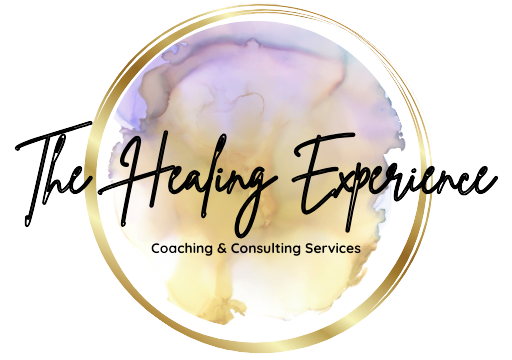
It’s critical for friends to set boundaries and protect their well-being from being pulled into the cycle of relationship issues and reconciliations….
Have you ever had someone confide in you about their breakup, only to later feel judged when they decide to remain in the relationship? Or your best friend is grieving the breakup only to get back with the person for the 50th time? And to make matters great, they become quite defensive when all along you were just trying to support them in their despair! Good grief Charlie Brown! Spare us the drama! If you can relate to this common yet dramatic scenario, then my heart goes out to you! I get and I understand, it is SOOO draining!
This common scenario can create tension and discomfort, not only for the person sharing their story but also for the listener. In good faith you want to be there, but it is mentally exhausting! In relations to mental health, I think that is important for others to understand why people feel this way and how to navigate such situations is essential for maintaining healthy boundaries and supporting loved ones effectively.
Navigating Judgement and Protecting Boundaries in Relationships
When someone shares the details of their breakup with you, it is often an emotional release. They might be seeking validation, advice, or simply a compassionate ear. However, if they choose to stay in the relationship, they may feel ashamed or guilty, especially if they perceive judgment from others. This feeling can stem from a variety of factors, including societal expectations, internalized beliefs about relationships, and fear of being perceived as weak or indecisive.
The Dynamics of Shame and Guilt
Shame and guilt are powerful emotions that can heavily influence behavior and decision-making. Shame is the feeling that there is something inherently wrong with oneself, while guilt arises from the belief that one has done something wrong. In the context of relationships, these emotions can be triggered when a person feels they have failed to meet societal standards or the expectations of those around them.
For instance, if someone breaks up with their partner and then reconciles, they might worry that others will see them as foolish or weak. This fear of judgment can lead to feelings of shame and guilt, making them defensive or reluctant to discuss their relationship further. It is important to recognize that these emotions are a normal part of the human experience and can be exacerbated by external opinions and pressures.
Why People React Defensively
When people feel judged for their relationship decisions, they may react defensively. This defensiveness is a protective mechanism designed to shield themselves from further emotional harm. It can manifest as anger, withdrawal, or even hostility towards those they perceive as judgmental. Understanding this response is crucial for maintaining empathy and compassion in your interactions.
Protecting Your Boundaries
As someone who has been confided in, it is essential to protect your own boundaries while supporting your loved one. Here are some strategies to navigate these complex dynamics:
Listen Without Judgment:
When someone shares their relationship struggles with you, practice active listening without offering unsolicited advice or opinions. Validate their feelings and let them know you are there to support them, regardless of their decisions. Give letting to no advice, trust me you will thank me in the end!
Communicate Your Boundaries:
It is okay to set boundaries around these discussions. If you feel uncomfortable or overwhelmed, communicate this respectfully. You can say something like, “I care about you and want to support you, but I also need to take care of my own well-being.”
Offer Support, Not Solutions:
Instead of trying to fix the situation, offer your support. Encourage them to explore their feelings and make their own decisions. Phrases like “I’m here for you” or “I trust you to make the best decision for yourself” can be reassuring.
Recognize Your Limits:
Understand that you cannot control or change someone else’s relationship decisions. Focus on being a compassionate listener and respecting their autonomy.
Encourage Professional Help:
If the situation seems too complex or emotionally charged, suggest that they seek professional help. Therapists and counselors can provide a neutral and supportive environment to work through their feelings and decisions.
For more related content like this, be sure to listen to “The Dear Unapologetically Me” podcast on Apple or Spotify. Also, check out The Healing Experience Now Website with all exclusive content and our YouTube page at The Healing Experience Now.
Disclaimer: This article is intended for educational purposes only. The information provided is not a substitute for professional advice, diagnosis, or treatment. Always seek the guidance of a qualified healthcare provider or mental health professional with any questions you may have regarding your mental health or well-being.



